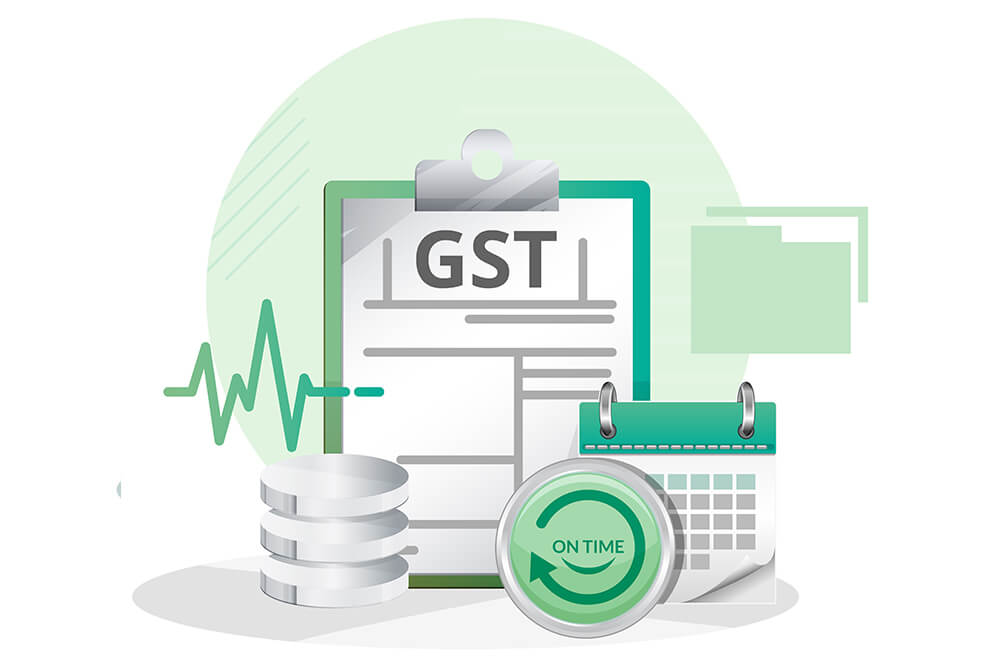 Last updated: June 9th, 2023 11:50 AM
Last updated: June 9th, 2023 11:50 AM
GST Return Filing Due Dates
GST return filing is a critical aspect of the GST compliance framework. The GST system has streamlined the taxation process and brought uniformity to tax rates nationwide. Under GST, businesses must file various returns to report their tax liabilities and claim input tax credits. This article delves into the types of GST returns along with GST return filing due dates.GST Returns - An Overview:
- GSTR-1:
- GSTR-2 and GSTR-2B:
- GSTR-3B:
- GSTR-4:
- GSTR-5:
- GSTR-6:
- GSTR-7:
- GSTR-8:
- GSTR-9:
- GSTR-10:
- GSTR-11:
Importance of Timely GST Return Filing
- Compliance with Tax Regulations:
- Avoidance of Penalties:
- Input Tax Credit (ITC) Availability:
- Enhanced Business Reputation:
- Facilitation of Financial Planning:
Popular Post

In the digital age, the convenience of accessing important documents online has become a necessity...

The Atalji Janasnehi Kendra Project that has been launched by the Government of Karnataka...

The Indian Divorce Act governs divorce among the Christian couples in India. Divorce...

When an individual has more than a single PAN card, it may lead to that person being heavily penalised, or worse,...

Employees Provident Fund (PF) is social security and savings scheme for employee in India. Employers engaged...


